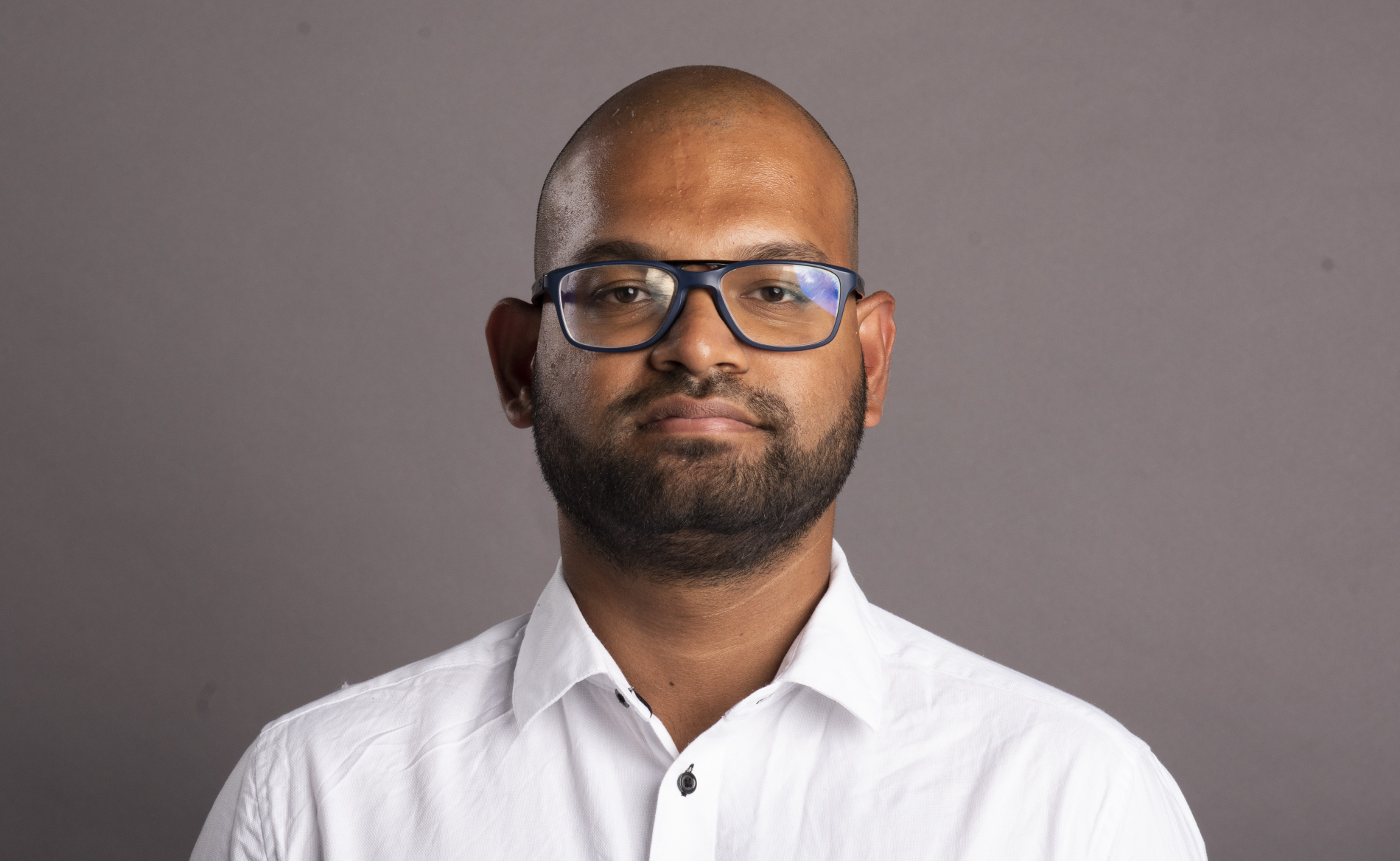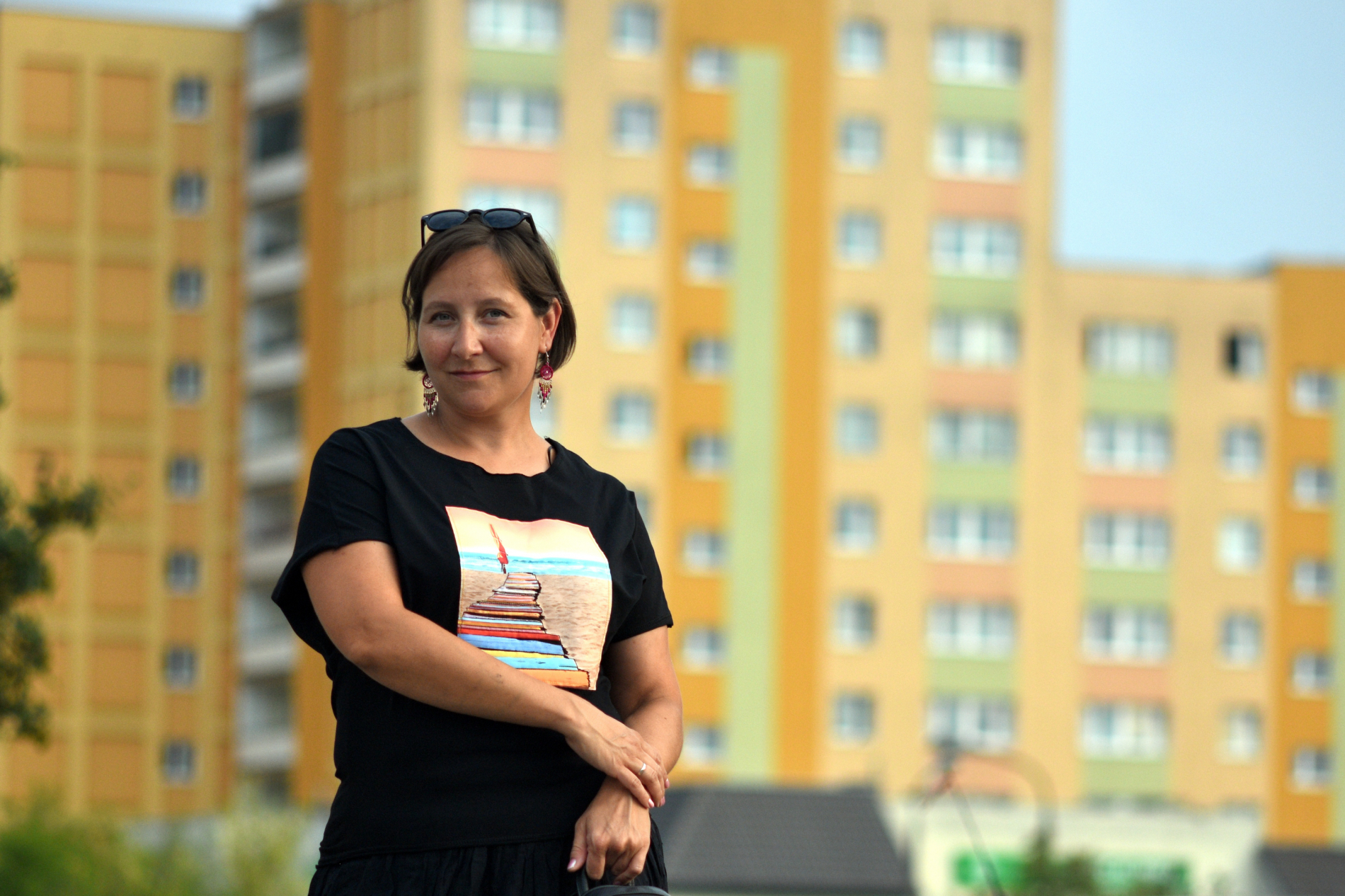YOUR BROWSER IS OUT-OF-DATE.
We have detected that you are using an outdated browser. Our service may not work properly for you. We recommend upgrading or switching to another browser.
Date: 24.08.2022 Category: general news, science/research/innovation

The National Centre for Science has announced the new results of this year's “Miniature” competition. Among the winners were two researchers from Wrocław Tech – Vishnu Suresh, PhD, Eng. of the Faculty of Electrical Engineering and Agnieszka Szumilas, PhD, Eng, Arch. of the Faculty of Architecture.
The “Miniature” competition is aimed at researchers with a doctoral degree who have not yet led research projects or been winners of NCS-funded grant and placement competitions. The winners receive between 5 and 50 thousand PLN for their projects.
According to the recently published ranking list, almost 70 people have received funding for their projects, including two from Wrocław University of Science and Technology. Funds can be used for up to twelve months of preliminary/pilot research, an academic visit to search source material, a research placement, or a research or consultancy trip.
 Vishnu Suresh, PhD, Eng. has received a grant of more than 40 thousand PLN for his project “Real-time verified energy management systems based on deep learning microgrids”.
Vishnu Suresh, PhD, Eng. has received a grant of more than 40 thousand PLN for his project “Real-time verified energy management systems based on deep learning microgrids”.
The research work will include the development of an AI/ML/DL-based prediction model for solar photovoltaics in a solar power-rich microgrid. As photovoltaic panels are weather-dependent, the energy supply and consumption of the microgrid must be balanced.
– As far as microgrids go, it’s crucial to have information about the future output from solar panels to create an energy plan. It combines multiple renewable energy sources to keep operating costs low and promote the integration of renewable energy and sustainability – explains the scientist.
 Agnieszka Szumilas, PhD, Eng, Arch. has been awarded a grant amounting to 5 thousand PLN for a research trip entitled “Assessment of the feasibility of car-free solutions for Polish housing estates on the basis of the experience of the German housing estate Vauban, Freiburg”.
Agnieszka Szumilas, PhD, Eng, Arch. has been awarded a grant amounting to 5 thousand PLN for a research trip entitled “Assessment of the feasibility of car-free solutions for Polish housing estates on the basis of the experience of the German housing estate Vauban, Freiburg”.
– The Vauban estate in Freiburg is one of the few ever completed large car-free housing developments. The project will allow me to analyse in practice the urban planning assumptions adopted as well as answer the question: Are the urban planning indicators, the isochrones, and the service offering of the Vauban model housing estate adaptable to Polish conditions? – says Agnieszka Szumilas, PhD, Eng, Arch.
The researcher adds that freeing cities from cars is a trend evident in contemporary urban planning. One important aspect, in addition to the creation of traffic exclusion zones and P&R transfer nodes, is the development of car-free housing estates.
These have no parking spaces or are characterised by a reduced parking ratio (e.g. 0.5 parking spaces per flat). What they offer to residents is other benefits in the form of car hire, more green spaces, and an extensive system of services.
The full list of winners can be found on the NCS website.
Previously, grants in the “Miniature” competition were awarded to Katarzyna Ożga, PhD, Eng. of the Faculty of Chemistry and Weronika Urbanska, PhD, Eng. of the Faculty of Environmental Engineering.
Read also:
Our site uses cookies. By continuing to browse the site you agree to our use of cookies in accordance with current browser settings. You can change at any time.